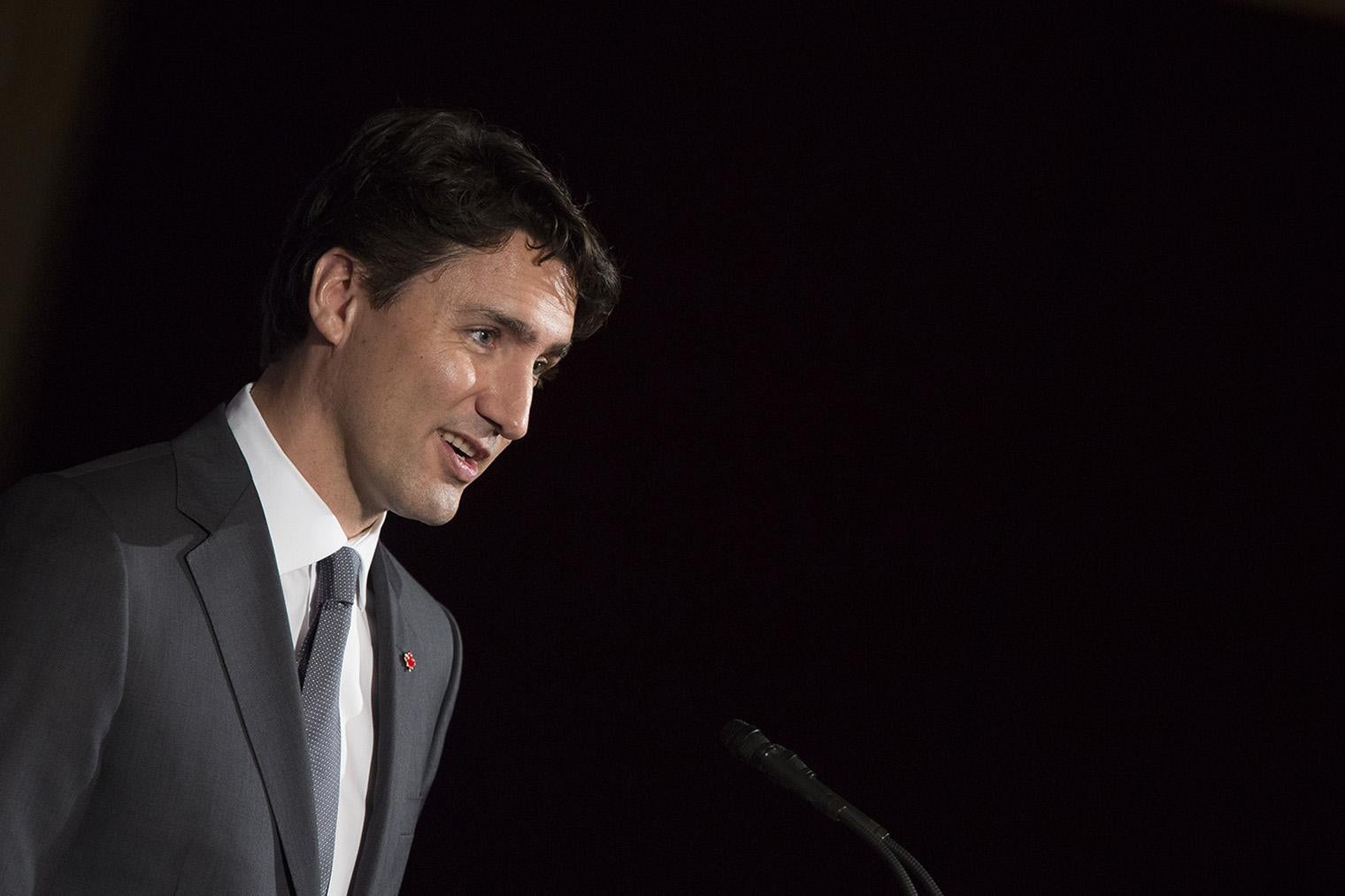Stop comparing the Canadian Ceta deal to Brexit – we are going to suffer much more in our trade negotiations
Goodwill and good PR are powerful currencies and Justin Trudeau has lots of both, in stark contrast to Theresa May’s nasty and inward looking Tory administration


Those Brexiteers who fondly believe that Britain will be able to have its cake and eat it too as regards trade with the EU often used to like to point to Canada as a potential model for our future relationship with our former partners.
Canada, you see, was in the process of negotiating a trade deal that would have eliminated nearly all the tariffs between the two sides.
It would have thus facilitated access to the European single market for the country without it being a member and having to accept lots of Europeans turning up and looking for work in Toronto.
Everything was going swimmingly until, that is, the Walloons of Belgium kicked up a fuss and threatened to derail the deal, the future of which is now hanging on a knife edge.
To get agreements like the Comprehensive Economic and Trade Agreement (Ceta) up and running requires the assent of all of the EU’s 28 member states. Unfortunately, before Belgium can add its name to the list it first has to secure the assent of six regional assemblies. The Wallonian one is worried about the impact of the deal on its farmers.
Cue a blizzard of statements, and counter statements, and threats and counter threats, as both sides face up to the fact that they may have wasted seven years of complex and painstaking work.
Critics of the EU in Britain have used the debacle to bolster the case for leaving.
But critics within the EU have tabled a rather different argument. They suggest that the problem lies with Brussels having ceded too much control over trade to national Parliaments. There is a rich irony in the fact that Britain and its Eurosceptics are part of the reason for that.
For years they preached the virtue of national vetoes and subsidiarity. No handing power to Brussels Bureaucrats!
That may now come back to bite them because it might just scupper hopes of securing a favourable trade deal with Europe.
But, but, but we buy lots from the Wallonian farmers so they won’t have a problem with us!
That was the knuckle-headed response of Brexit supporting minister Chris Grayling. We’ve heard many variants on that sort of theme in recent months.
It’s true that Grayling’s flimsy argument was given something of a boost when the entirely more substantial figure of Germany’s Angela Merkel said she didn’t necessarily see parallels between this debacle and the upcoming talks between the UK and the EU.
But what if someone does kick up a fuss when the outcome of those talks becomes known? Germany might not, despite the childish insults lobbed its way by some right wing politicians and some right wing newspapers. Germany, however, doesn’t speak for the entire EU.
Perhaps the Spanish will decide to throw a spanner into the works unless there’s some movement on the question of Gibraltar. You could hardly blame the Poles for digging their heels in given the way Britain has treated the citizens of that country who live here. Maybe the French will decide it’s time for some payback for past British obstructionism.
Hang on, I hear you say, they’re grown ups. They surely wouldn’t stoop to such tactics. They’ll want a deal that works for both sides too.
Perhaps that’s so. But would you really be confident in ruling out the risk of a repeat performance when it’s Britain’s turn?

The Canadians will manage without this deal. They’re already part of the North American Free Trade Agreement, and they have trade deals in place with other countries besides.
Britain shorn of the EU has nothing of the sort. And it has a very different international image to the one that Canada has.
You couldn’t imagine its Prime Minister Justin Trudeau not guaranteeing the rights of Europeans living in his country if the issue cropped up, or of tolerating calls for child refugees to submit to dental testing.
Goodwill and good PR are powerful currencies, and Trudeau has lots of both, in stark contrast to Theresa May’s nasty and inward looking Tory administration.
An administration that doesn’t appear to have anything resembling a strategy beyond waving its fists, stomping its feet and threatening to go home and sulk if its former European friends won’t play the game by its rules.
Soon the reality of that will start to bite. The sort of problems Canada is having with Europe may ultimately pale by comparison to the ones faced by Britain.
We’ll know who to blame when they emerge. Clue: it won’t be the Wallonian farmers or their surrogates.
Join our commenting forum
Join thought-provoking conversations, follow other Independent readers and see their replies
Comments
Bookmark popover
Removed from bookmarks